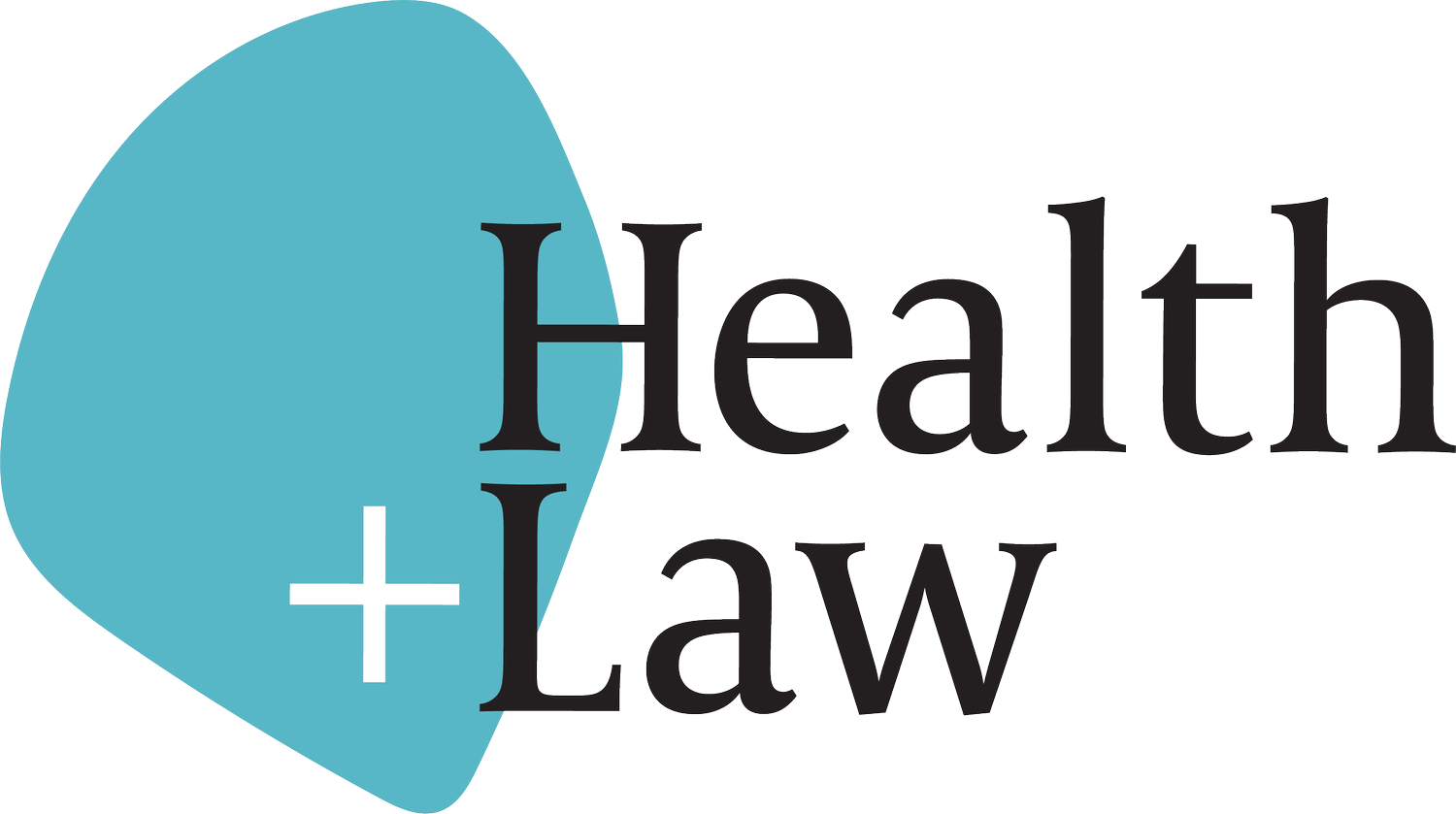Legal Pluralism and Law in Reality: Principles for Understanding the Migration-Related Legal Needs of PLHIV
In an earlier blog post, we discussed one of Health+Law Lead CI Dr David Carter’s presentations at ASHM’s Joint HIV & AIDS and Sexual Health Conferences last year, about the migration-related legal needs of people living with HIV (PLHIV). Today we’re looking at his second presentation, which went into more detail about how exactly we should go about understanding and responding to those needs. You can listen to the presentation in full below.
Since policy changes in 2010 increased visa options for people living with HIV, the HIV/AIDS Legal Centre (HALC) has seen a significant increase in the demand for immigration-related legal services. These services have now eclipsed all other service types at HALC – between 2015 and 2020 they accounted for an average of 34% of all services provided, and in 2021 alone, 57% of HALC’s work was related to immigration.
But, as David’s presentation outlined, we are still essentially none the wiser than we were when HALC was established in 1992 about the specific nature of legal needs and impacts of those needs faced by PLHIV immigrating to Australia. This knowledge gap is what drives our work at Health+Law, and there are two important concepts we need to be sensitive to in legal research of this kind: legal pluralism, and the difference between law ‘on the books’ and law ‘in reality’.
Legal pluralism recognises that there isn’t just one ‘law’ or one ‘legal system’ we are all engaged with, but many sources of law, all of which may support, complement, ignore, or frustrate one another. This is especially relevant for PLHIV who migrate, as they are always subject to legal regimes from at least two different countries, as well as from several different areas of law in each country.
Understanding legal pluralism also calls for sensitivity to law ‘in reality’ as opposed to law ‘on the books’. In his presentation, David explained that, even though most laws that apply to PLHIV are now facially neutral – i.e. they don’t single out PLHIV or the condition specifically in the text of the law – it is well known that various public health, criminal and other laws continue to disproportionately affect PLHIV. When it comes to migration law, we do not yet know enough about this difference between how the law is meant to work in theory and how PLHIV actually experience it.
He illustrated this point with interview material from one of our pilot research participants, ‘Paul’, a migrant from Brazil, about the experience of coming before an Australian tribunal as part of his migration process. In a situation where Paul was making a claim for an employer-sponsored visa, he felt he had to raise the experience of homophobia and fear of prosecution he faced in his country of origin to convince the tribunal of his claims. These are facts which you would expect to see in a claim for protection, but which should have been irrelevant in his case according to the law ‘on the books’. This highlighted an important difference between what we might expect from reading law ‘on the books’ and the actual reality of navigating law as a person living with HIV.
The message in this presentation was that as we carry out this important research, we must stay close to the lived experience of people with blood-borne viruses who are navigating migration, mobility, health and the law. This approach will be essential in the development of our research conclusions, as well as the legal education and other resources we are developing to mitigate the health-harming impacts of migration-related legal needs in our community.
What should you do if you want more information about your legal obligations
If you are living with HIV and want more information about your legal obligations, you should speak to a lawyer who specializes in providing services to people living with a communicable condition. The HIV/AIDS Legal Centre is a non-profit organisation that provides free legal advice to people living with HIV and viral hepatitis in NSW. It can assist those living with a BBV to understand their legal obligations about reasonable precautions, provide information about the law or make referral to those who can assist in your own state or territory.
Further reading
Positive Migration Guide: supporting people living with HIV to migrate to Australia | University of Technology Sydney (uts.edu.au)’


